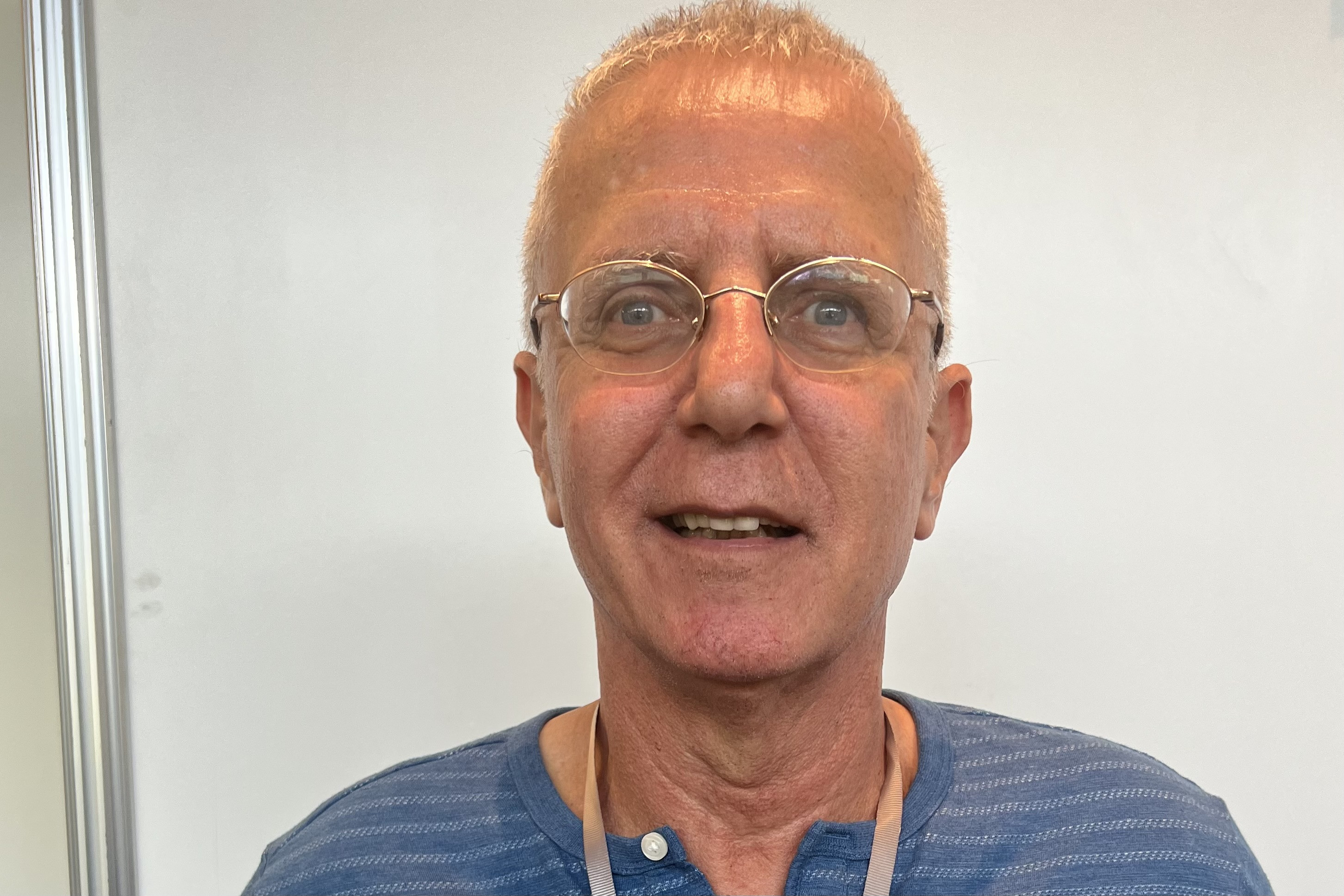

Eytan Ruppin
Branch Chief, Cancer Data Science Laboratory (CDSL), National Institute of Health (NIH) (USA)
Eytan Ruppin received his M.D. and Ph.D. from Tel-Aviv University where he has served as a professor of Computer Science & Medicine since 1995, conducting computational multi-disciplinary research spanning computational neuroscience, natural language processing, machine learning and systems biology. In 2014, he joined the University of Maryland as director of its center for bioinformatics and computational biology (CBCB). In 2018, he moved to the NCI where he founded and is chief of its Cancer Data Science Lab/Branch (CDSL).
His research is focused on developing new computational approaches for advancing precision oncology. Eytan is a member of the editorial board of Molecular Systems Biology, a fellow of the International Society for Computational Biology (ISCB, 2021), a recipient of the NCI Director award for his work on precision oncology (2022), the DeLano award for computational biosciences (2023) and the NIH Director award (2024). He is a co-founder of a few precision medicine start up companies.

